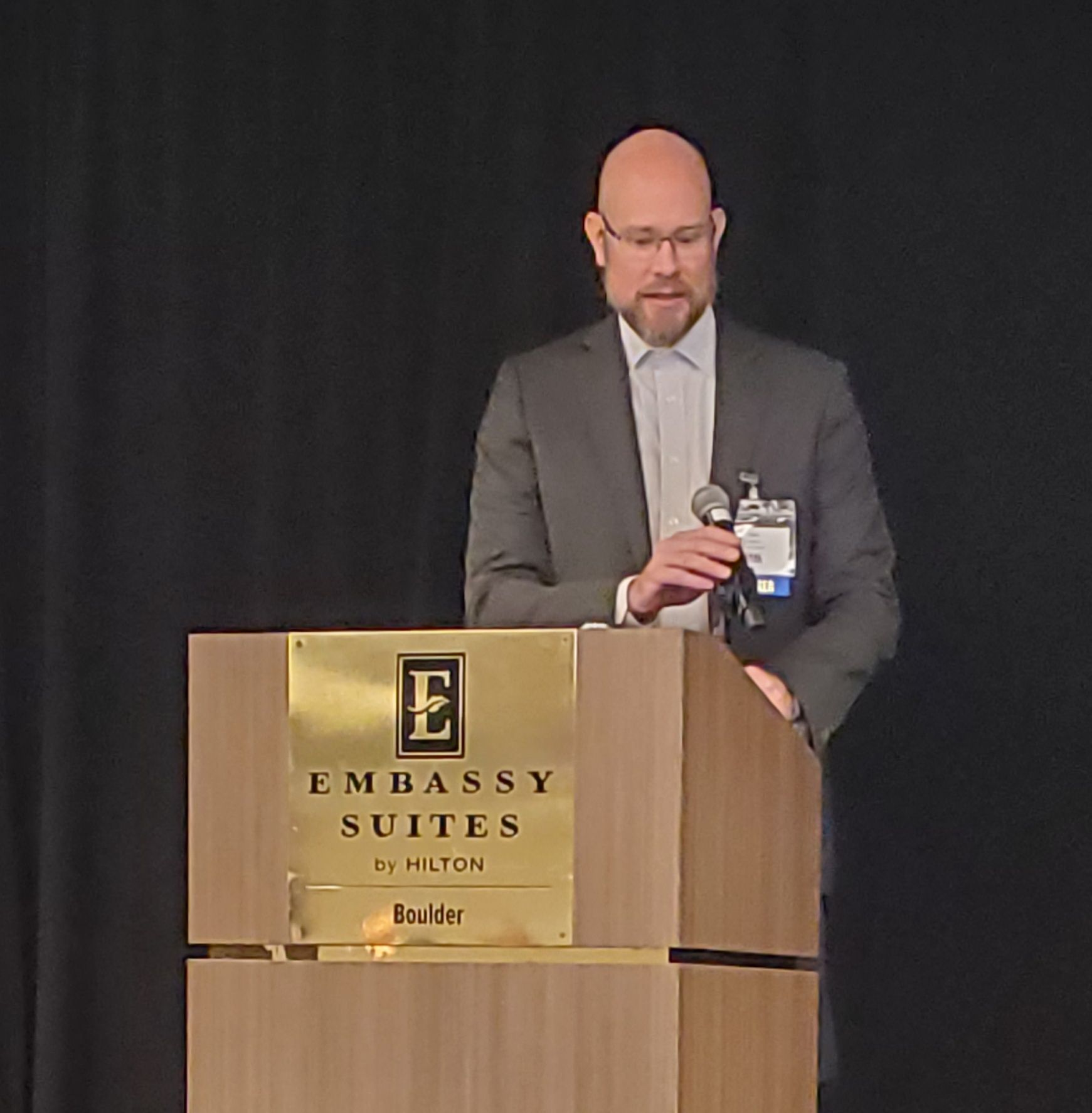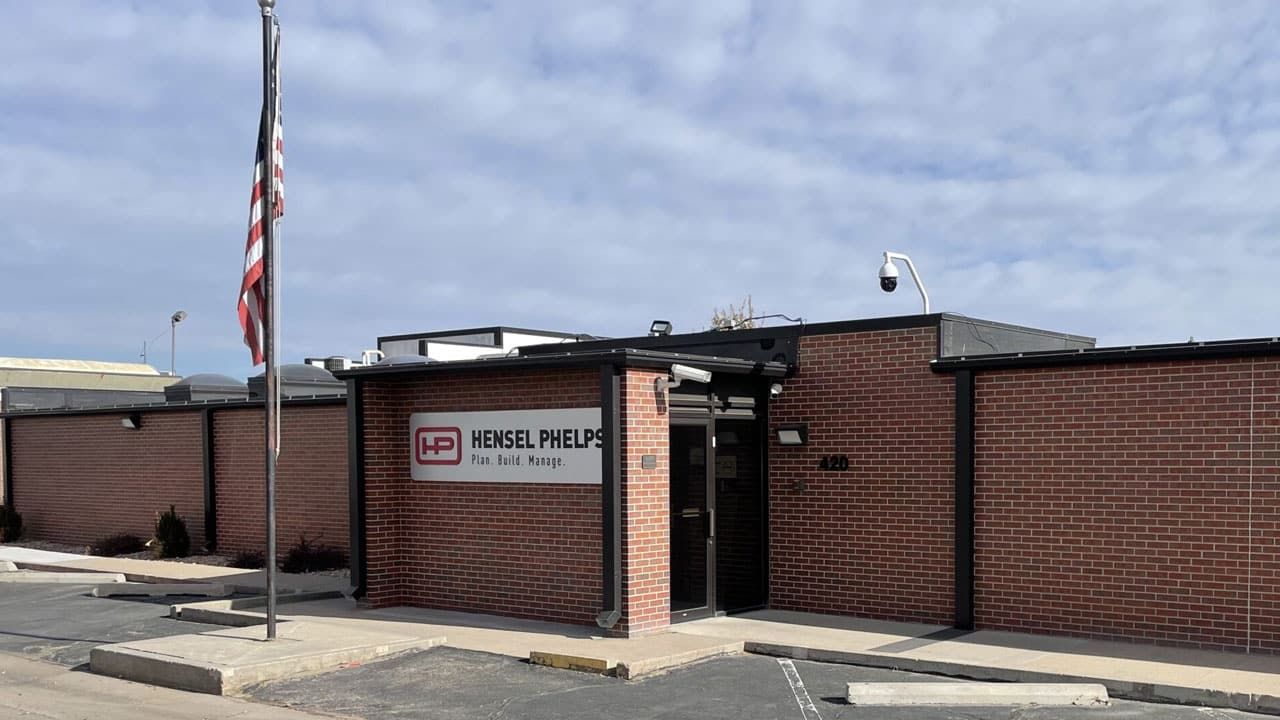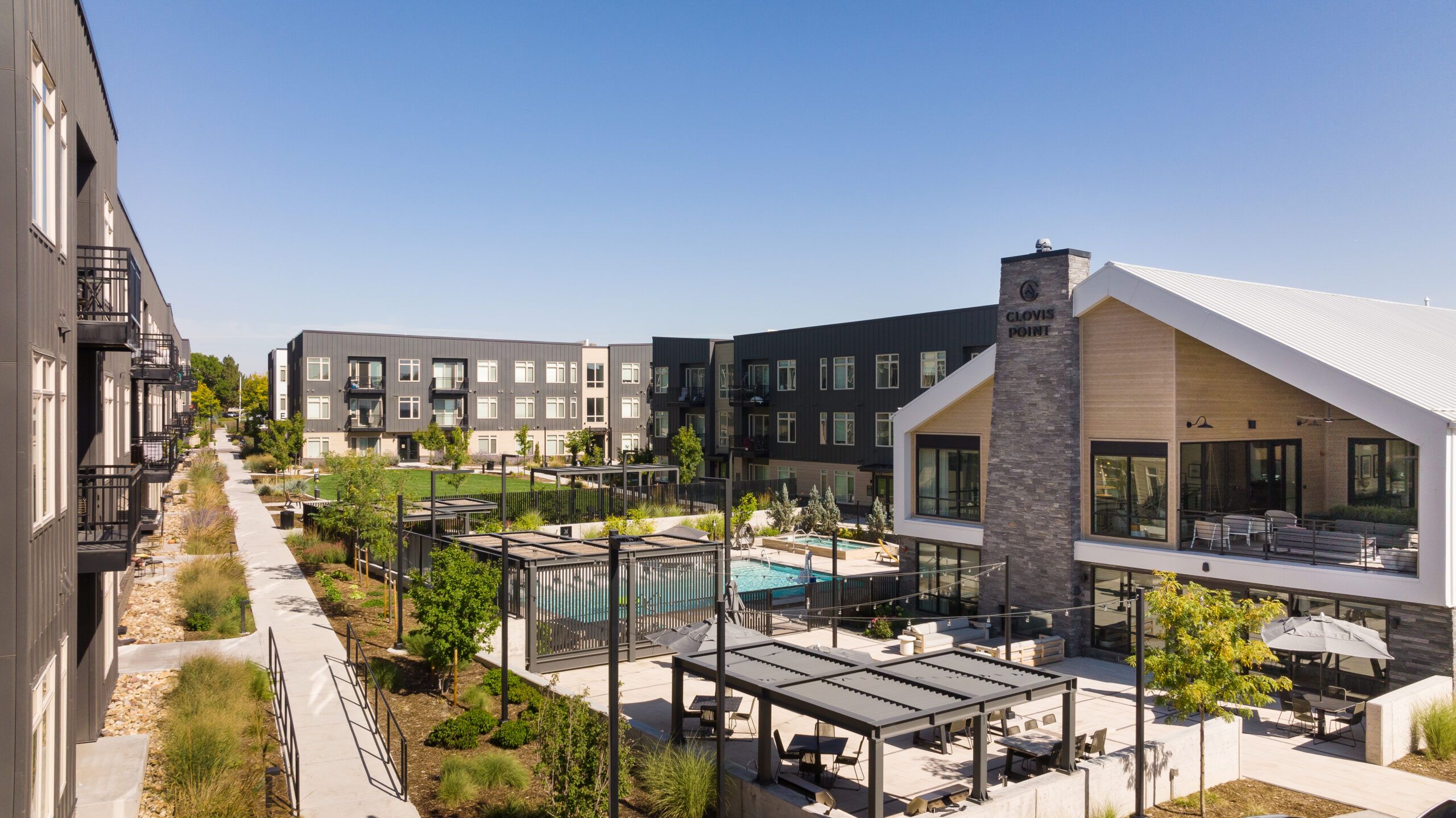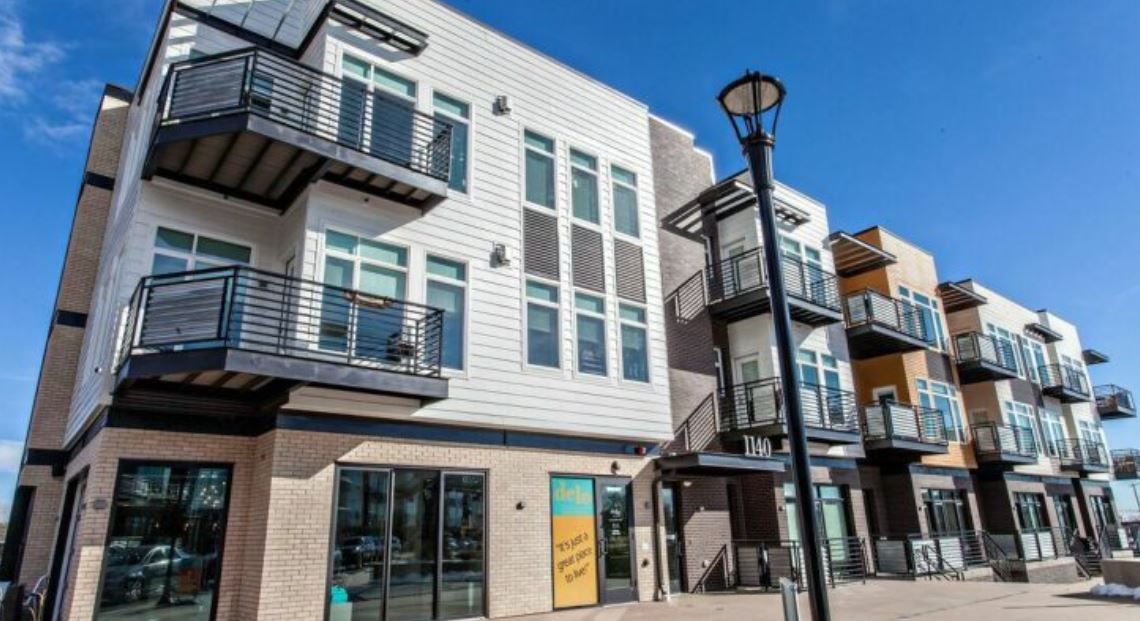For residential sales, ‘it’s a buyer’s market’

BOULDER — Despite accepted benchmarks that would suggest otherwise, a prominent broker is firm in his belief that for residential real estate in the Boulder Valley, “it’s a buyer’s market.”
Even so, Todd Gullette wonders what those buyers are waiting for.
Gullette, managing broker at Re/Max of Boulder, told a large audience at BizWest’s annual Boulder Valley Real Estate Summit, held Thursday at the Embassy Suites Hotel in downtown Boulder, that, “traditionally we look at whether it’s a buyer’s market based on how many months of inventory we have.”
He explained that “under five months of inventory is technically a seller’s market. I’m going to challenge that, because if we’ve been out there effectively, I think this is really a buyer’s market because we can measure the shift of negotiating power.
SPONSORED CONTENT
“Even with single-family and attached homes with somewhere between three and 3.5 months of inventory, we’re going to realize that the buyers have the power now,” Gullette said. “If we were talking to a seller right now, they wouldn’t believe that it’s a seller’s market because they’ve lost so much in negotiating power.”
Part of that has come from the Federal Reserve’s actions to stem inflation, he said.
“From the demand side, we know that interest rates and inflation caused this slowdown,” Gullette said. “We’re probably looking at a productive but slow selling season. I think the Fed is pretty hunkered down, and it should take awhile for them to let us recover.
“This really drastic movement in interest rates for mortgages; that’s what we find so disheartening, the change in affordability.”
However, he told real estate agents in the crowd not to be discouraged.
“We can do this,” Gullette said. “We can do rates of 6% and 7%; we may see some of those in this coming year. But it’s really whether we get used to it and whether wages keep pace with the increase.
“Some stability is what I’m projecting for next year, and I think we can do it even with these rates. People were buying houses back in the ‘80s when rates were higher.
“There’s some pent-up demand out there, Gullette said. “There’s buyers out there; they’re just waiting.”
Waiting for what?
“I’m not sure what buyers are waiting for,” he said. “The stars don’t really align for a buyer’s market. Back in 2008,” at the beginning of the Great Recession, “there weren’t buyers. You could put a listing out there on the market and we’d see no-shows. Money had been stripped out of our pockets through the stock market and we just didn’t have much to buy. Now it’s not easy to buy because of interest rates.
“If you show me this spring that maybe what they’re waiting for is rates in the 4s, then I’m going to come back and show you 20% over asking price, 12 offers on the house you want, no due diligence, no inspection, and if you got a loan, maybe your offer wasn’t competitive. So don’t wait for that.”
Gullette had a dose of reality for people wanting to put their homes on the market as well.
“It’s good for our sellers to recognize that prices have dropped in all areas in all price ranges,” he said. “You have sellers out there now saying ‘I’m not going to play the game with the buyer. If they want to buy the house, great, but if not, great, I don’t have to sell.” Well, in a couple months you’re going to see these same listings out there for 270 days on the market. That’s them. Those are the ones that aren’t playing with the buyer.”
The median price in Boulder County for a single-family home is $875,000, he said, “but the bigger news is that the number sold is down 17%. We’ve had 1,594 sold this year, but at this time two years ago we were at about 2,000 homes sold.”
Gullette said the luxury market has been picking up steam, noting that more than 11% of homes sold in Boulder County so far in 2023 – more than one in every 10 – have been priced at more than $2 million, up from just 3.4% in 2019. In the city of Boulder, he said, 28.3% of homes – nearly one in every three – are priced above $2 million.
“A lot of our luxury buyers are putting money out at $3 million, $4 million, $5 million,” Gullette said. “A lot of this is a cash business, so they’re less affected by the interest rates.”
Although Gullette predicted that inventory would remain low, he acknowledged that many residents who lost their homes in the Marshall fire have chosen to rise from the ashes instead of looking elsewhere.
The wind-whipped conflagration on Dec. 30, 2021, destroyed 550 homes in Louisville, 390 in Superior and 157 in the outskirts of Boulder. However, Gullette pointed out that 89% of those homes in Superior already have a building permit.
“They’re in some phase of rebuilding,” he said. “It’s a huge change, an ocean of new homes.”
Those rates aren’t as good elsewhere, he said. In Louisville, 63% have permits, and in the outskirts of Boulder, just 52% permits have been issued.
“The lots are different in Louisville and east of Boulder,” Gullette said. “Those lots have more opportunities for custom homes. It will take longer to build those and tame them through the regulators. I’m expecting those custom homes to start showing up on this list in the next couple years.”
BOULDER — Despite accepted benchmarks that would suggest otherwise, a prominent broker is firm in his belief that for residential real estate in the Boulder Valley, “it’s a buyer’s market.”
Even so, Todd Gullette wonders what those buyers are waiting for.
Gullette, managing broker at Re/Max of Boulder, told a large audience at BizWest’s annual Boulder Valley Real Estate Summit, held Thursday at the Embassy Suites Hotel in downtown Boulder, that, “traditionally we look at whether it’s a buyer’s market based on how many months of inventory we have.”
He explained that “under five months of inventory is technically a seller’s market. I’m…





